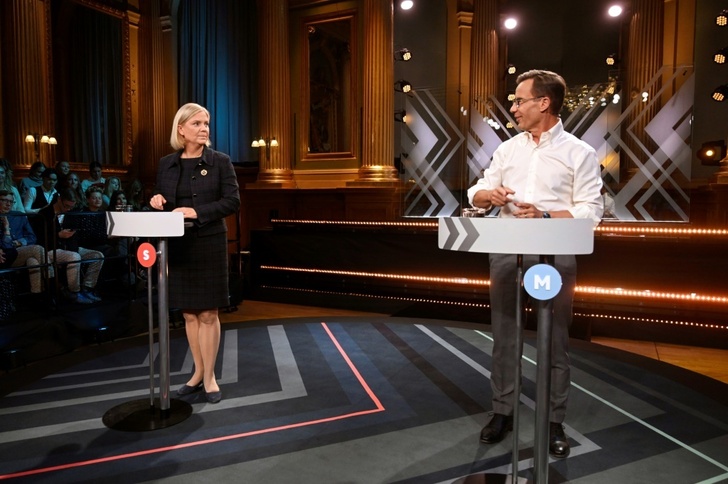Swedes vote Sunday in legislative elections that will either pave the way for an unprecedented right-wing government supported by the far-right or a third straight mandate for the ruling Social Democrats.
Opinion polls have predicted a close race with a razor-thin lead for Prime Minister Magdalena Andersson's Social Democrats and the left bloc, following a campaign dominated by rising gang shootings and soaring electricity prices.
Polling stations open at 8:00 am (0600 GMT) and close at 8:00 pm, with final results due around midnight.
The right-wing bloc has never before agreed to cooperate with the nationalist and anti-immigration Sweden Democrats, treated as "pariahs" by other political parties until recently.
The far-right has leapt to second place in opinion polls behind the Social Democrats in the final weeks of the campaign, credited with around a fifth of votes.
Their surge -- overtaking the traditional leaders of the right-wing bloc, the conservative Moderates -- has been attributed to an election race focused on issues close to their voters, including crime, segregation and the integration of immigrants.
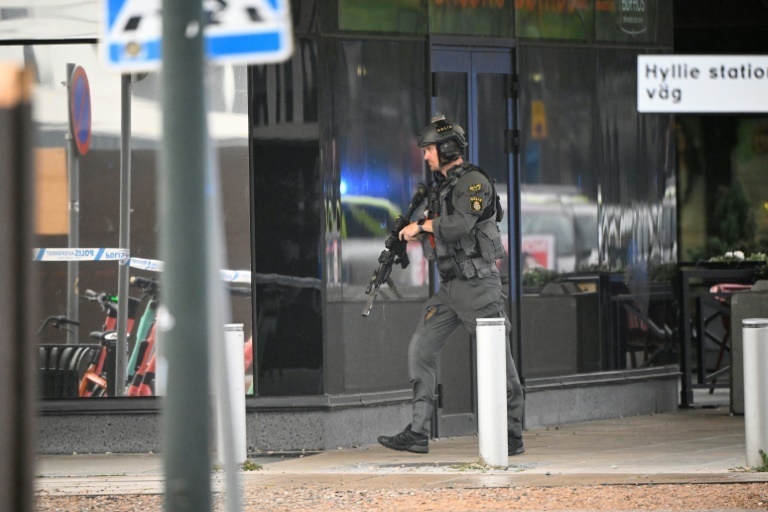
Speaking to reporters at a rally on the eve of the vote in the disadvantaged Stockholm suburb of Rinkeby, she said she hoped the campaign had convinced voters "that the Social Democrats are a party for ordinary people, for workers, with good safety nets, good jobs and a good future."
"It's a very close race, so it's up to the Swedish people to decide," she added.
- Tough days ahead -
Andersson, whose party has dominated Swedish politics since the 1930s, enjoys broad support among Swedes.
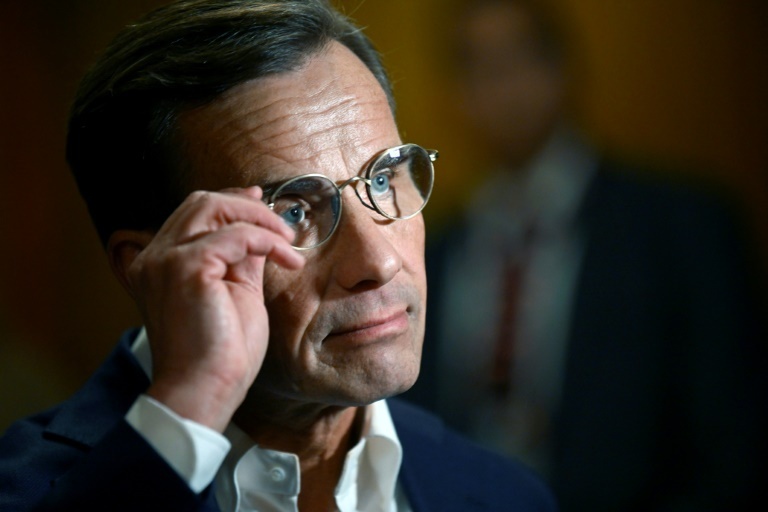
Yet pollsters put the two blocs in an almost dead heat, predicting 49.7 to 51.6 percent of voter support for the left and 47.6 to 49.4 percent for the right.
Kristersson is the architect behind a major U-turn for the right wing.
He launched exploratory talks with the Sweden Democrats in 2019 and deepened their cooperation before the two other small right-wing parties, the Christian Democrats and to a lesser extent the Liberals, followed suit.
"As it stands, we have two fairly clear blocs," political scientist Katarina Barrling told AFP, noting it should be fairly easy to predict the next prime minister after election night.
However, both blocs are beset by internal divisions that could make for laborious negotiations to build a coalition government.
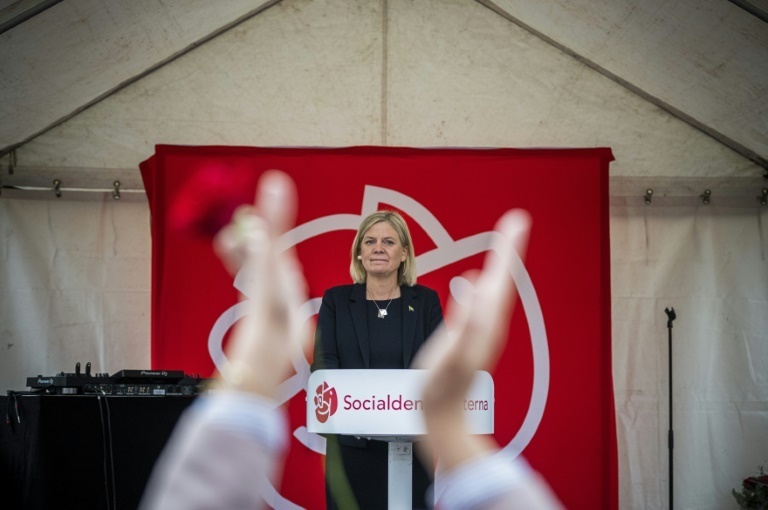
The previous 2018 election ended in a political stalemate that lasted four months until the Social Democrats managed to form a minority government.
That would be a nightmare scenario this time around.
In addition to a looming economic crisis with inflation and soaring energy prices, Sweden is currently in the delicate process of joining NATO and is due to take over the EU presidency in 2023.
"The pressure to have a united and effective government is larger today than in the last election", Barrling noted.
- 'Enormous shift' -
The end of the Sweden Democrats' political isolation, and the prospect of it becoming the biggest right-wing party, is "an enormous shift in Swedish society", said Anders Lindberg, an editorialist at left-wing tabloid Aftonbladet.
Born out of a neo-Nazi movement at the end of the 1980s, the Sweden Democrats entered parliament in 2010 with 5.7 percent of votes. They won 17.5 percent in 2018.
Its strong showing in opinion polls this time around comes as Sweden struggles to combat escalating gang shootings attributed to battles over the drugs and weapons market.
The country now tops European statistics for firearm deaths.
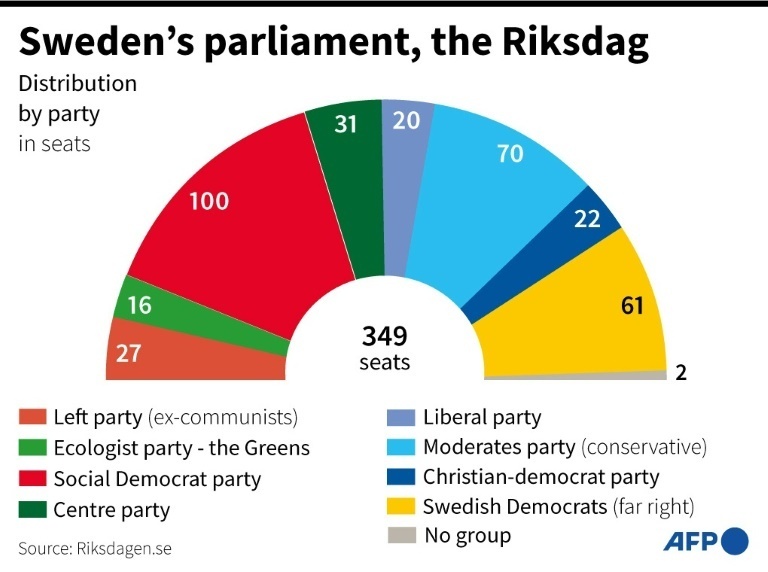
In one of the final debates of the campaign, Kristersson attacked the Social Democrats for having done "almost nothing" to reign in gang violence since taking power in 2014.
But Andersson, who took over the prime minister post just nine months ago after seven years as finance minister, said she was just getting started.
"I'm now asking for the Swedish people's mandate to show what I can do with four years".
jll/po/jj/it
© Agence France-Presse
Your content is great. However, if any of the content contained herein violates any rights of yours, including those of copyright, please contact us immediately by e-mail at media[@]kissrpr.com.
Source: Story.KISSPR.com

